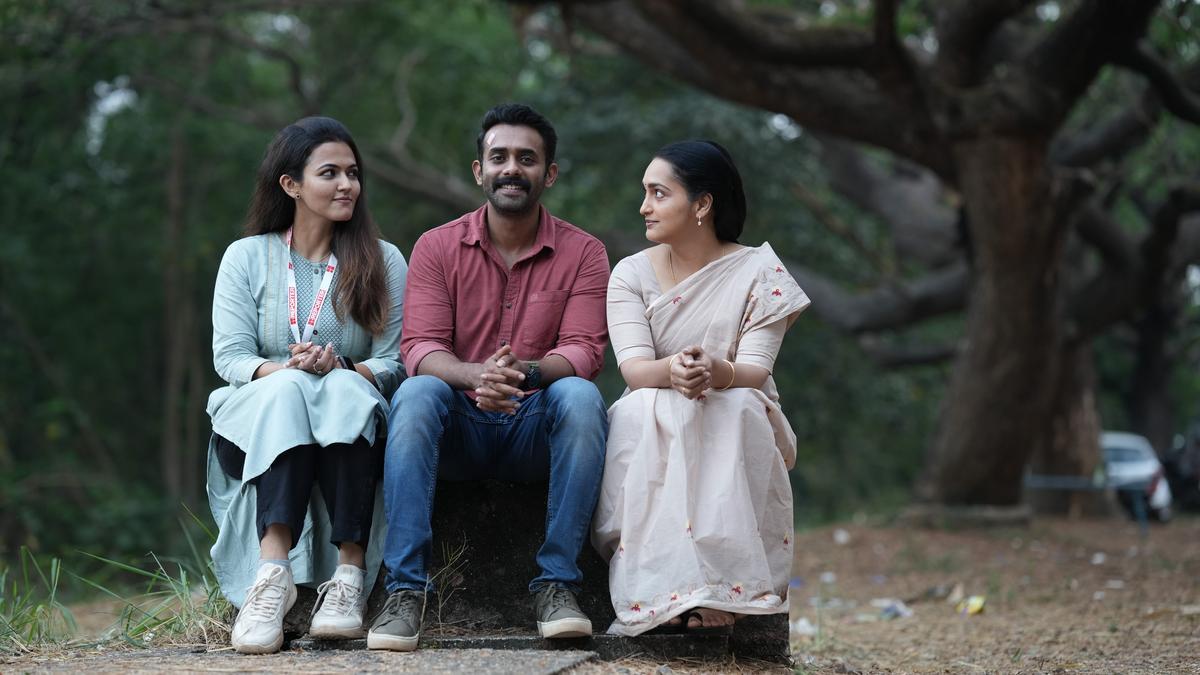
In a development that has captivated the world of football, Egypt’s star player and captain, Mohamed Salah, has been withdrawn from participating in the upcoming Africa Cup of Nations qualifier against Mauritania. The decision, confirmed by Salah’s club, Liverpool, on Saturday, comes amidst growing concerns over player safety and the pitch conditions in Mauritania.
Salah, who had recently showcased his prowess on the field by scoring in Egypt’s 2-0 victory over Mauritania, has been eagerly anticipated for a rematch scheduled for next Tuesday. However, the Egyptian Football Association, in consultation with their head coach Hossam Hassan, made the unexpected decision to release Salah from international duty ahead of time. The superstar forward’s withdrawal has elevated discussions around player welfare and the risks posed by playing on unconventional surfaces.
Egypt’s journey in the qualifiers has been intensified by their impressive performance against Mauritania, but with Salah at the helm, the expectations were significantly heightened. His blistering pace, tactical acumen, and goal-scoring skills are often seen as indispensable on the pitch. Nonetheless, amid pressing concerns, Salah’s health and future were prioritized over immediate victories.
The heart of the decision rests on apprehensions regarding the artificial turf that would be hosting the match in Mauritania. Artificial turfs, while increasingly common, have been known to impose unique challenges and risks, often linked to higher incidences of injuries among players unaccustomed to its texture and traction differences compared to natural grass. These concerns were explicitly addressed by Hossam Hassan, who cited injury fears as a key factor in their decision-making process. This strategic ruling underscores the delicate balancing act between securing short-term competitive successes and ensuring the longer-term health of star players.
News of Salah’s early release came as a surprise to many, not least because of its timing within the ongoing international break.
. Liverpool’s confirmation that Salah, age 32, has returned early from national service has prompted a wave of analysis concerning the tightrope professional clubs walk with their international counterparts over player commitments during fixture-congested seasons.
Mohamed Salah has been in sensational form this season, characterized by his relentless attacking play and crucial contributions to both his national and club teams. Liverpool is understandably keen to maintain their talisman in peak condition ahead of their upcoming domestic league fixtures and European commitments. The club expressed gratitude for the understanding shown by the Egyptian football authorities in recognizing the potential risks associated with Salah’s continued engagement in national matches under challenging conditions.
Fans worldwide, though disappointed by the absence of Salah from the pitch next week, are relieved that a proactive approach was embraced by the football authorities. This decision marks a wider endorsement of player-centric approaches that prioritize health over the aspirations inherent in any competitive match.
The unfolding tale has broader implications for global football, emphasizing the growing importance of cross-organizational cooperation when safeguarding players’ health. This incident acts as a reminder of previous occasions where club and national organizations faced dilemmas concerning player workloads, rest, and recovery during international matches, especially on vulnerable surfaces.
As the Egyptian team prepares to face Mauritania without their stalwart captain, the spotlight shifts not only to the squad’s resilience but to the depth of talent within the team capable of stepping up in Salah’s absence. Egypt’s squad, rich with emerging football talents, now faces the dual challenge of maintaining their momentum in the tournament while adhering to strategic caution concerning player welfare.
The removal of Mohamed Salah from the Mauritania qualifiers underscores a pivotal shift in the sport towards enhanced consideration for athletes’ well-being. This developing narrative around player safety amidst high-stakes tournaments serves as both a warning and a lesson, urging all stakeholders across global football to navigate the complexities of player management with foresight and empathy.










